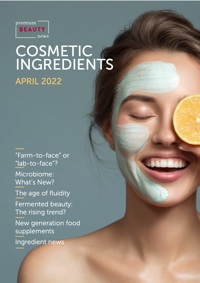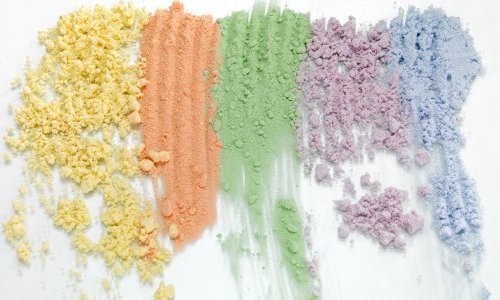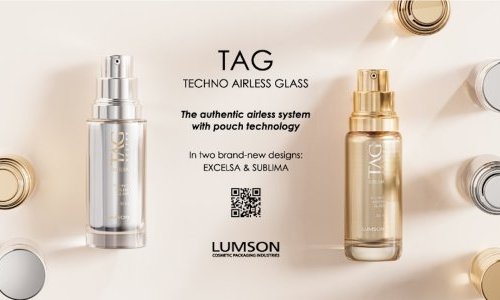Consumers want to be reassured about the composition of products, especially those they ingest and apply on their skins almost on a daily basis. Naturally, they have grown increasingly mindful of the composition of the products they buy and curious about how they are produced: a trend that the pandemic has only reinforced.
“These days, consumers are buying with a conscience and brands need to be transparent about their ethical impacts, displaying them in clear and tangible ways,” said Mintel following a trends analysis undertaken for the in-cosmetics Global show, which was held in Paris last week.
According to Mintel, in order to be ahead of the game, companies must ensure they are transparent in communicating measurable metrics about their ethics and sustainability credentials. While sustainability claims in beauty products have become mainstream and still remain at the top of the agenda, customers are also looking at brands’ commitments to diversity and equality, as well as ethical supply chain practices.
As a result, brands and manufacturers have to be more cautious as regards sourcing: at the forefront, producers and raw material suppliers are expected to get involved. Indeed, for the sake of traceability, supply chains need to comply with brands’ new constraints, while innovating.

Traceability, sustainability, transparency and innovation were among the highlights of the last edition of the in-cosmetics Global show as shown in our special issue: Cosmetic Ingredients - April 2022. Contents:
|





























